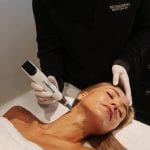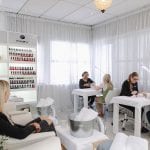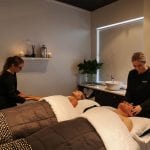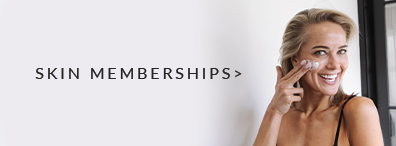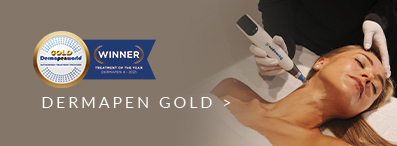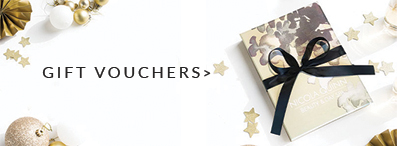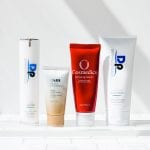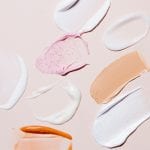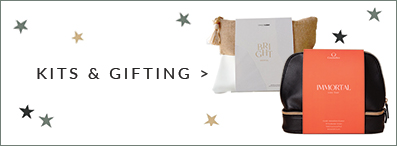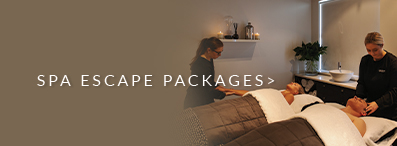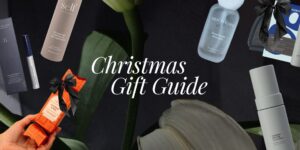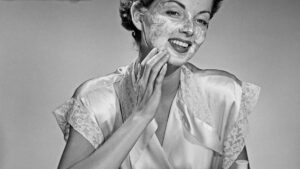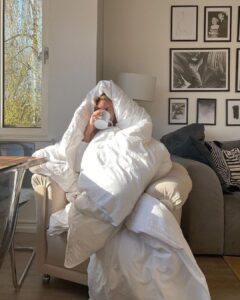
Tips for Acne and Problematic Skin
We chat to the lovely Shaner, one of our therapists about the most effective treatments and skincare products for treating acne, congestion and problematic skin.
Acne is common these days, not just for teenagers but for adults too. Why is this?
People of all ages can get acne, but it is most common in teenagers. There are a few main factors that cause acne: excess oil (sebum) production, hair follicles clogged by oil and dead skin cells, bacteria and inflammation.
Then there’s family history, certain medications, lifestyle and diet – with studies linking dairy products and refined carbohydrates to acne.
There’s also the imbalance of Omega-6 and Omega-3 (essential fatty acids), which can put the skin into an inflammatory state.
Only use makeup, skincare, SPF and hair care that do not block your pores, and ensure your makeup brushes, pillowcases and devices you use regularly are clean.
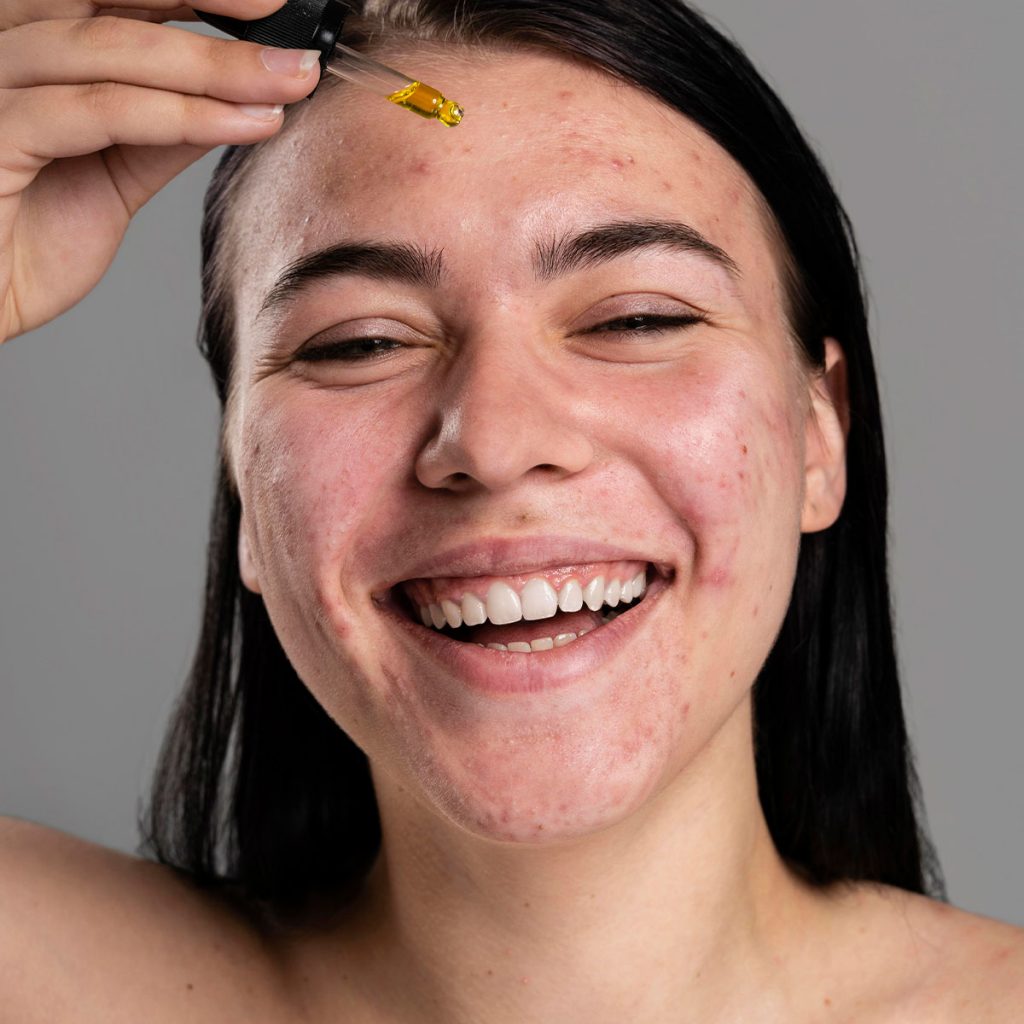
How long have you been a skin therapist, and what made you decide to work in the industry?
I qualified back in 2008, but have really been focusing more in depth on skin for the last 5 years. I chose this industry as I’m a people-person, and helping clients on a journey was a bonus – to see an improvement on their skin and how confident and happy they become with their results makes me know i’m in the right industry.
This is especially true with clients I’ve had over time, seeing how their skin has improved from day 1, and helping to accomplish the results they were after.
Skin treatments are there to help, and home care and lifestyle also plays a big role, but a therapist is there to guide you to achieving incredible skin.
Acne typically appears on your face, chest, back and shoulders because these areas have the most sebaceous glands. Hormones likely play a role in the development of adult acne, which can be distressing and frustrating, but the good news is there are many effective treatments available.
We have also noticed since COVID started that people have been developing “mask-ne” the type of breakouts that develop from masks. Breathing for hours with masks over our mouth and nose creates humidity, and this is a breeding ground for acne.
The friction of the mask can also block and clog pores. A few tips to stop maskne are to wash your mask if its reusable, make sure your mask isn’t too tight, switch to a silk mask and moisturise often. Try to take mask breaks when possible, and change your disposable mask often.
Having a consult with your skin therapist is beneficial here too, We need to get the correct balance of oil in the skin, and some products are too stripping and can compromise our skin barrier.
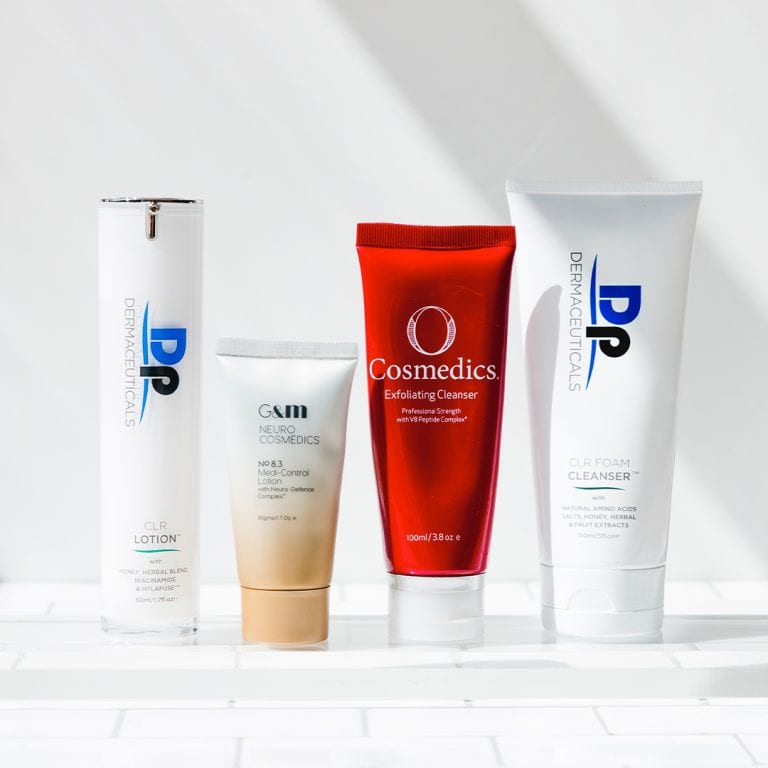
What are the best skin care products for problem skin or acne?
My best skin care product suggestions for acne-prone, oily or problematic skin would be the O Cosmedics Gentle Antioxidant Cleanser to remove makeup, followed by the Corrective Cleanser and Peel
Next, the O Cosmedics O-Biotics B3 plus serum improves immune function, so is great for treating and preventing acne.
Mineral Pro SPF 30+ can be used as a hydrator (moisturiser) for oily skins, especially teenagers, with its healing zinc oxide, or the O Cosmedics Rebalancing Cream is great for adults who need some nourishment too.
For makeup, the Dp Dermaceuticals Cover Recover foundations are great for inflammation and soothing the skin, and won’t block pores. Our Dp Dermaceuticals Clini-Prep spray is also a fantastic, safe disinfection for the skin and killing acne-causing bacteria.
Normal or combination skins with only the odd breakout can use the O Cosmedics Gentle Antioxidant Cleanser, Exfoliating Cleanser and the Potent Clearing Serum – which is amazing as a spot treatment on affected areas.
The Repair Serum is great for adult hormonal acne too, while the Potent Retinol Serum mixed with a pump of hydrator will rejuvenate the skin.
Another makeup, the 1Skin Natural Treatment Foundation is velvet smooth and contains no nasties, and works like a skincare product to soothe and protect the skin.
What are the most effective in-clinic treatments for problem skin?
Skin peels are a very effective professional treatment for acne-prone skin, which will achieve best results if done every 4 to 6 weeks.
The main purpose here is to remove dead skin cells and reveal clearer skin and a more youthful appearance.
Our O-Cosmedics peels range from entry level peels to advanced, which would need some skin preparation.
The O Cosmedics Pumpkin Peel is a great beginner peel for first-timers, and a more advanced version would be the Alpha-Beta Peel, which would require active strength retinol and Vitamin C serum use for a minimum of 2 weeks prior to prepare the skin.
We also have our Ginger & Me Radiance Clinical Peel treatment, which is ideal for clogged and congested skins.
More advanced treatments would be Dermapen, our skin microneedling treatment which promotes healing, rejuvenation and natural collagen production in the skin. The device uses tiny needles moving in a fast, stamping motion to make microscopic channels in the skin. The skin responds by making new collagen, creating as even tone and texture.
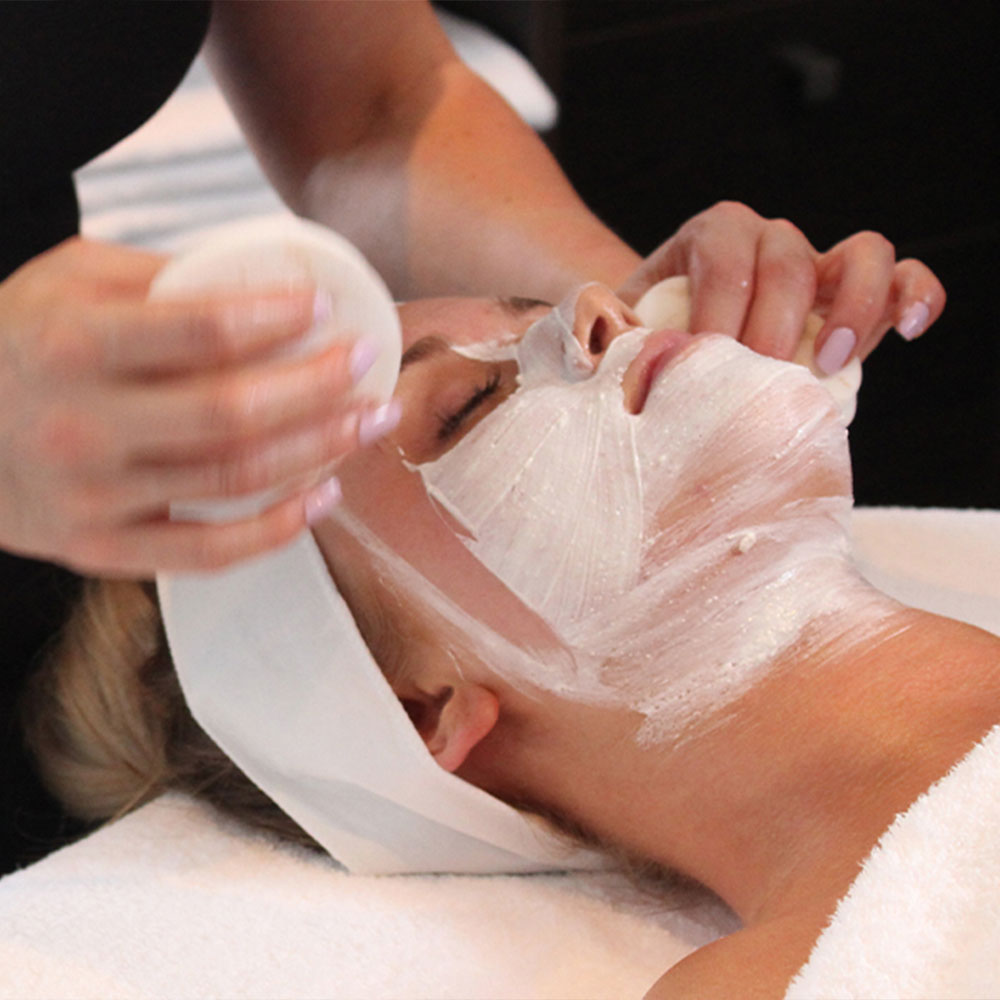
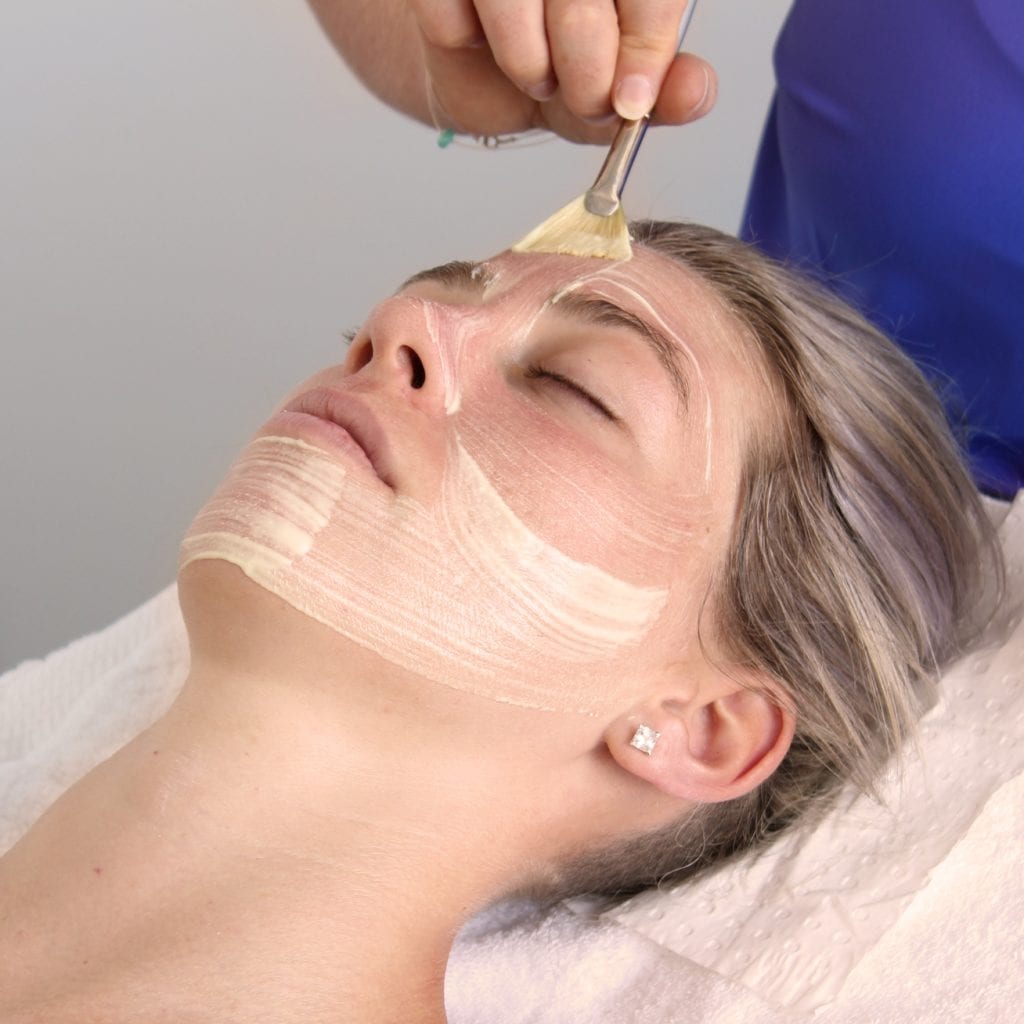
Are there any internal supplements I can take for acne?
Our O Cosmedics EFAs Max Complex contains functional actives that helps promote hormone balance. These contain natural Omegas 3, 6 & 9 – essential fatty acids to reduce inflammation, balance sebum, protect the skin with antioxidants, improve skin appearance and repair hair, skin and nails.
Fatty acids are essential to improve and influence cell and tissue metabolism and decrease inflammation, not only for skin but also cardiovascular concerns, fatigue and menstrual cycles in women. Our Kiki Health Krill Oil and MSM Flakes are also great for acne-prone skin.
Studies have shown people with acne have vitamin deficiency of Vitamins E, A and Zinc. However, it’s definitely helpful to speak to your skin therapist regarding your inner health and skin journey before you self-diagnose.

